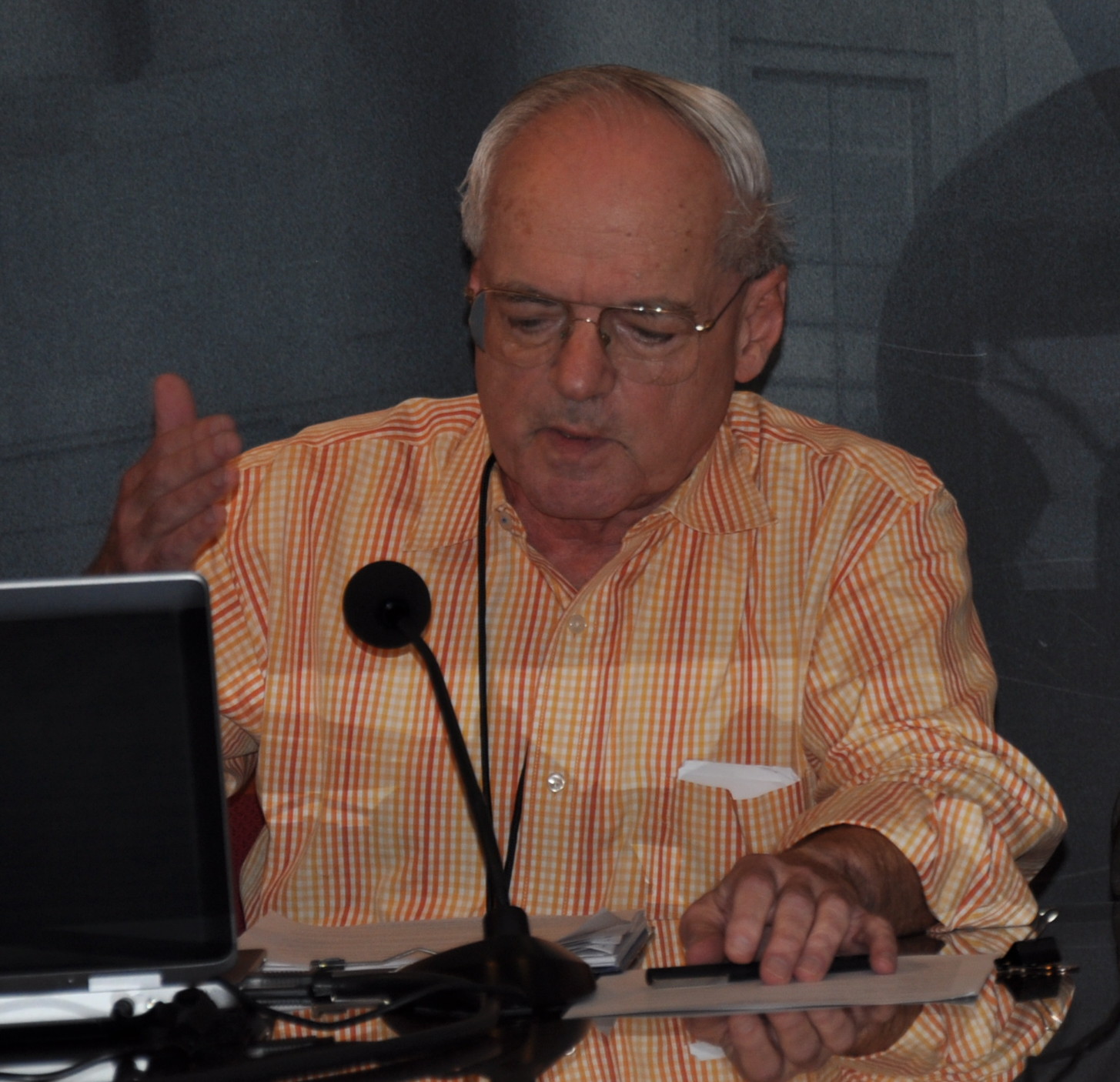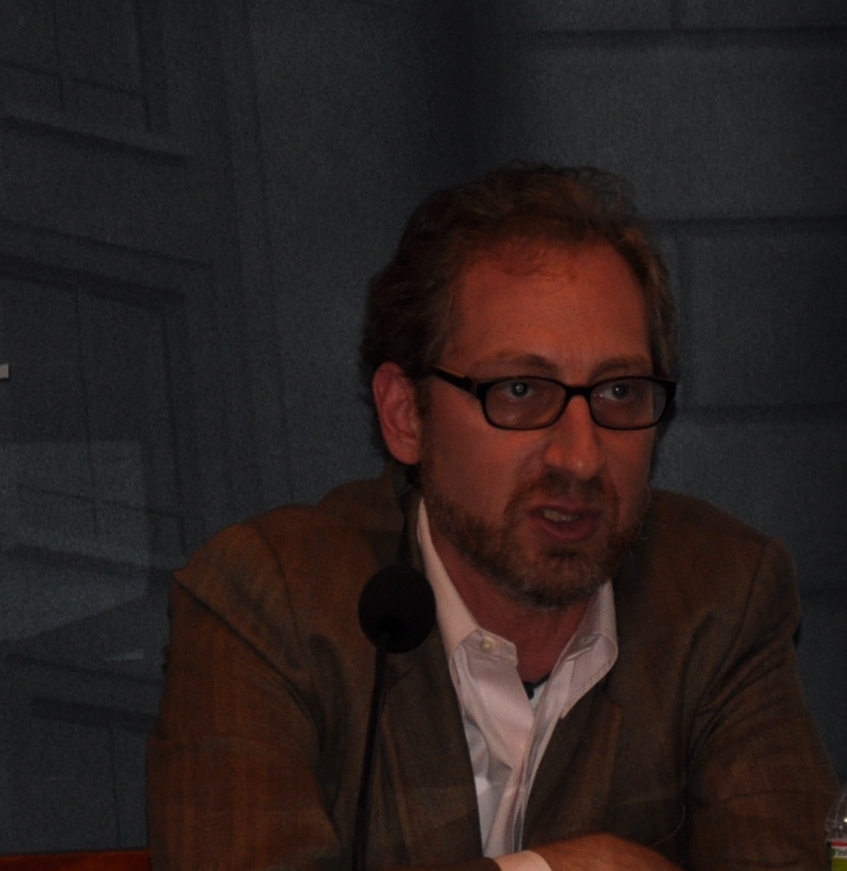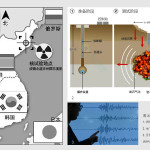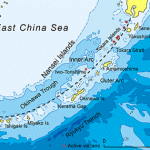Daily Report Archives
Established in December 1993, the Nautilus Institute’s *N*ortheast *A*sia *P*eace and *S*ecurity *N*etwork (NAPSNet) Daily Report served thousands of readers in more than forty countries, including policy makers, diplomats, aid organizations, scholars, donors, activists, students, and journalists.
The NAPSNet Daily Report aimed to serve a community of practitioners engaged in solving the complex security and sustainability issues in the region, especially those posed by the DPRK’s nuclear weapons program and the threat of nuclear war in the region. It was distributed by email rom 1993-1997, and went on-line in December 1997, which is when the archive on this site begins. The format at that time can be seen here.
However, for multiple reasons—the rise of instantaneous news services, the evolution of the North Korea and nuclear issues, the increasing demand for specialized and synthetic analysis of these and related issues, and the decline in donor support for NAPSNet—the Institute stopped producing the Daily Report news summary service as of December 17, 2010.

Donald Emmerson explores how the Treaty of Amity and Cooperation in Southeast Asia could provide a useful model for a comprehensive agreement on peace and security in Northeast Asia. Although unlikely in the short term in Emmerson’s view, he also explores the means by which such a treaty might be established.
This report was originally presented at the New Approach to Security in Northeast Asia: Breaking the Gridlock workshop held on October 9th and 10th, 2012 in Washington, DC.
Donald Emmerson is the Director of the Southeast Asia Forum (SEAF); Affiliated Faculty, CDDRL; Affiliated Scholar, Abbasi Program in Islamic Studies; and Senior Fellow Emeritus, FSI at Stanford University.
Go to the article

Money doesn’t grow on trees
by Nikhil Desai – Energy Security Contributor
Rich countries see a macro-economic paradox of near-free debt and slow growth, in…
Go to the article

China 1, Japan 0. Allies beware
by Richard Tanter – Austral Peace and Security Contributor
Japan has a talent for border disputes: it has one with all of its neighbours: the Senkakus…
Go to the article

In this short report Walter Sharp assesses the elements of power that the ROK, U.S. and other countries (most importantly China) should implement in order to deter North Korea from military provocations and attacks.
General Walter Sharp (Ret.) commanded the United Nations Command, Republic of Korea – United States Combined Forces Command, and United States Forces Korea from 3 June 2008 to 14 July 2011. He is currently consulting for Monitor National Security Practice, SK Engineering and Construction, and involved in strategy and policy discussions at several D.C. area Think Tanks.
This report was originally presented at the New Approach to Security in Northeast Asia: Breaking the Gridlock workshop held on October 9th and 10th, 2012 in Washington, DC.
Go to the article
Developing-country organizations and climate change adaptation
by Saleem Janjua – Climate Change Adaptation Contributor
Climate change adaptation is rising as a management priority for public and private …
Go to the article

In this short report, Michael Schiffer raises three critical issues regarding extended deterrence in Northeast Asia: first, the security challenges extended deterrence is intended to address; second, the differing perspectives and interests of the players in the system; and finally, the interplay of shifting strategic considerations and a stable security settlement leading to a nuclear-free Korean Peninsula.
Michael Schiffer is a Senior Advisor and Counselor to the U.S. Senate Committee on Foreign Relations.
This report was originally presented at the New Approach to Security in Northeast Asia: Breaking the Gridlock workshop held on October 9th and 10th, 2012 in Washington, DC.
Go to the article









